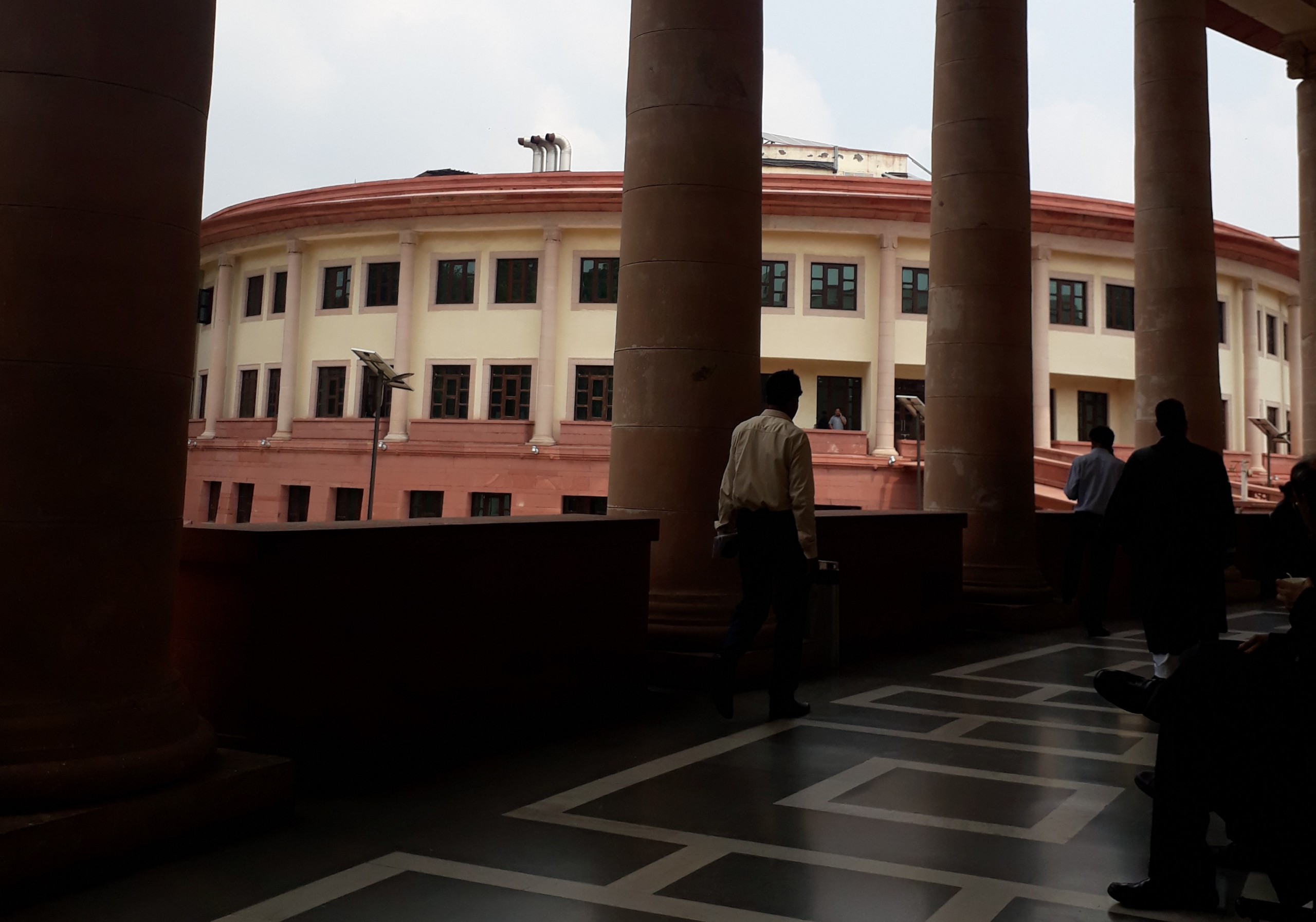Summary
Matodzi Ramuhovhi and Thinamaano Edson Netshituka applied to the Constitutional Court for confirmation of the Limpopo High Court, Thohoyandou’s ruling of invalidity of Section 7(1) of the Recognition of Customary Marriages Act 120 of 1998 (“Recognition Act”). The High Court ruled 7(1) to be invalid because it discriminated against women in polygamous marriages concluded before the Recognition Act on two grounds: (a) gender and (b) race, ethnic or social origin. This same section had been deemed unconstitutional as it related to monogamous marriages in Gumede vs. President of the Republic of South Africa.
The applicants are the biological children of Mr. Musenwa Joseph Netshituka (deceased) and women from two polygamous customary marriages. The applicants sought to contest the constitutionality of 7(1) due to the impact on the disbursement of certain property benefits in their father’s will.
The Legal Resources Centre (LRC) represented Mrs. Thokozani Maphumulo as an intervening applicant and advanced arguments relating to the question of the retrospectivity of the order of invalidity. Left as is, the High Court’s order did not assist customary marriages that were terminated by death, which would have left Mrs. Maphumulo homeless. The Court held that it to be in the interests of justice to grant Mrs. Maphumulo leave to intervene.
Ms. Maphumulo was party to a customary marriage that ended upon the death of her husband. However, like many other African women party to polygamous marriages, she was rendered vulnerable after her husband had bequeathed their property to his eldest son. This included the home that Ms. Maphumulo resided in for many years, which was registered in her husband’s name as the past discriminatory laws did not allow women to own property.
Ms. Maphumulo’s circumstances were not by any means unique. In many cases where the husband in a pre-act polygamous marriage passed away one or more wives are “pushed out” and deprived from benefitting in the estate that they, like Ms. Maphumulo, had contributed towards increasingly over the years. The Recognition Act did not afford women of pre-Act polygamous marriages any protection.
This insecure position that polygamous wives found themselves in came as a result of being seen and undervalued as caregivers despite performing multiple roles to support their families. They fed their families, reared and educated their children and tended to their vegetable gardens and livestock to ensure the survival of their families. Despite spending their lives increasing the value of family property, they were easily cast out upon the death of their husbands and were not allowed to inherit the estate. Ms. Maphumulo is a woman of incredible strength, who did not allow her circumstances to define her and instead instructed LRC to challenge the unjust provisions which continued to oppress women in her position.
The Constitutional Court upheld the ruling of constitutional invalidity of the differentiation of pre-Act polygamous marriages (no control of property) and new polygamous customary marriages (property ownership is either in community of property or governed by a court-sanctioned contract). That discrimination left impacted women vulnerable and at the mercy of their husbands. The Court also noted that the ability to change the pre-Act customary marriage property terms through a court-sanctioned contract (section 7(4)) did not make 7(1) constitutional, because 7(4) requires both the husband and wife’s consent.
The Constitutional Court also held that the retrospective effect of the declaration of invalidity of Section 7(1) must be as extensive as possible but not affect estates that had been wound up or transfers that had taken effect, except where at the time of transfer, the transferee was aware that the property concerned was subject to a legal challenge on the grounds upon which the applicants brought the challenge in this case.
